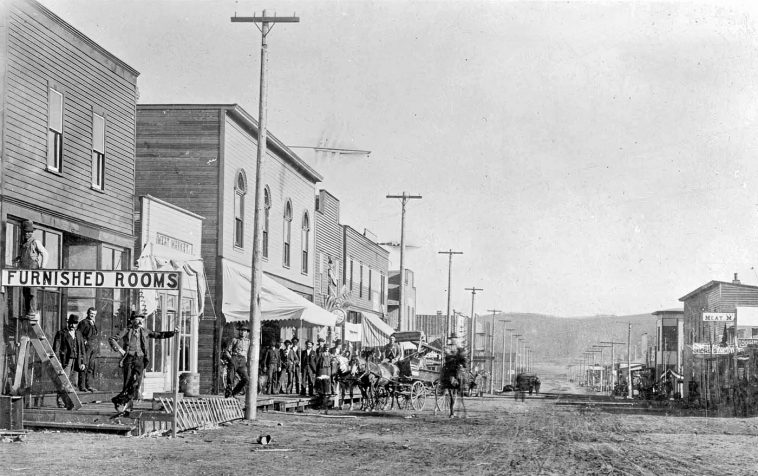The Apostrophe Blog
“Writing is a way of saying you and the world have a chance. All art is failure.”
—Richard Hugo
Trigger is not one of my favorite nouns mostly thanks to its too frequent use under sad and horrific circumstances in this gun-toting, trigger-happy country of ours.
But one of my favorite books about writing is a little gem by Richard Hugo called The Triggering Town: Lectures and Essays on Poetry and Writing. In large part, I love this book because Hugo’s idea of what will get us as writers to pull our literary triggers—to precipitate, set off, spark, give rise to, launch, set in motion, bring about, generate, initiate even kindle our true and real subjects—makes so much sense to me.
When I snagged my now-yellowed copy back in the early 1990s, the back cover blurb had already labeled this 1979 volume a “classic.” Its hard-to-categorize ramblings cover a multitude of topics in quirky, surprising ways. Hugo’s obvious generosity as a writer and teacher runs like a clear, encouraging river through each chapter whether it’s musing on how poets find their subjects or defending the teaching of creative writing itself.
The chapter on “nuts and bolts” offers many helpful craft rules-of-the road, i.e., “Make your first line interesting and immediate” and “When rewriting, write the entire poem again.” Other offerings seem deliberately controversial even kooky, almost as if to provoke: “Use ‘love’ only as a transitive verb for at least fifteen years.” Or “Maximum sentence length: seventeen words. Minimum: one.”
Another favorite of mine is “Statements of Faith.” The epigraph at the start of this post is one of its pithy gems along with these: “An act of the imagination is an act of self-acceptance.” and “One reason many poets drink so much may be that they dread the possibility of a self they can no longer reject.” There is much more. Trust me, you will want to read this book.
And about that triggering town idea. Well, that one is proving elusive to even hint at summary-wise here. For Hugo, any poem you write seems always to be set in your hometown—let’s call that the world you know—but, in his view, it’s more likely you’ll find the true poem you are writing (and may not know you are writing yet) in a strange town instead—the triggering town. In his view, “the relations of the words to the subject must weaken and the relation of the words to the writer (you) must take on strength…somehow you must switch your allegiance from the triggering subject to the words.”
I come back to Hugo’s thoughts on this matter time and again in my own work. Notions like the importance of unfamiliarity as we find our way to our own words, the ones we can take on and own. How I owe the details I assume absolutely nothing. And the crucial importance of trusting that, in time, this way of working-with-words will reveal the bigger, deeper subject, my own triggering town.
Hugo writes: “Our triggering subjects, like our words, come from obsessions we must submit to, whatever the social cost. It can be hard. It can be worse forty years from now if you feel you could have done it and didn’t. It is narcissistic, vain, egotistical, unrealistic, selfish, and hateful to assume emotional ownership of a town or a word. It is also essential.”
In the end, it seems to be that Richard Hugo’s thoughts, musings, advice, rules, exercises, and encouragements in The Triggering Town are all about getting each of us to dare to seek and find, to mine and discover our individual paths into the—and our—language. Then again, maybe I like this book simply because he and I share the same taste in blank books:
“Write in a hard-covered notebook with green lined pages. Green is easy on the eyes. Blank white paper seems to challenge you to create the world before you start writing…The lines tend to want words. Blank paper begs to be left lone. The best notebooks I’ve found are National 43-581.”
Great minds think alike—at least about office supplies.
Full disclosure: After several panicked years thinking that these trusty Old Faithfuls had been discontinued—and my supply down to a measly one—I finally found a source in, of all places, Portland, Oregon. Stash now replenished and fingers crossed.
For more on Hugo’s book, read this review by Joshua Corey on poets.org, the fine web site of the American Academy of Poets. Another précis of sorts, here. And R. T. Smith writing for Poetry Daily categorizes it as an indispensable volume here as well.
- Acceptance News: Red Door Magazine - November 10, 2025
- A Day of Shadows and Sun - November 10, 2025
- For the love of a watery landscape… - November 9, 2025

